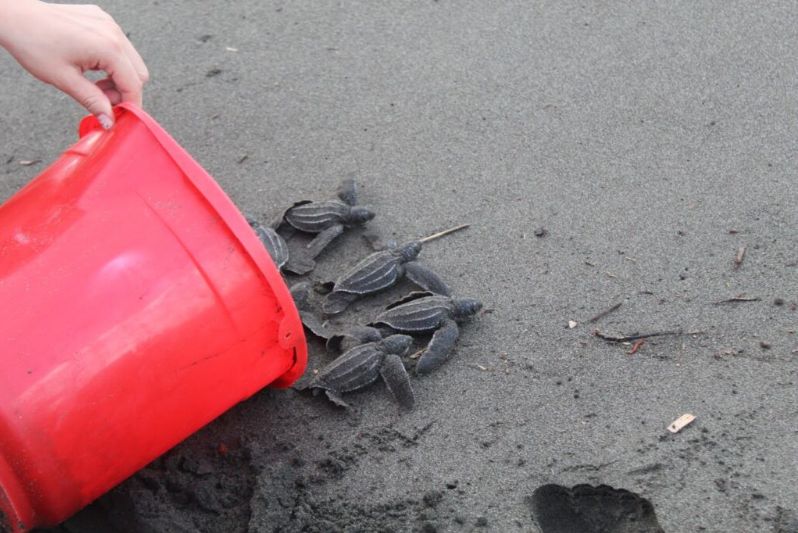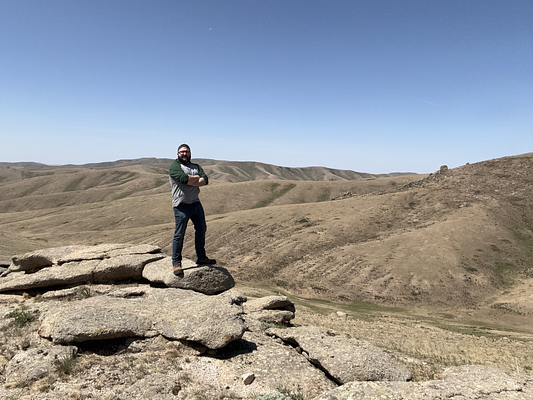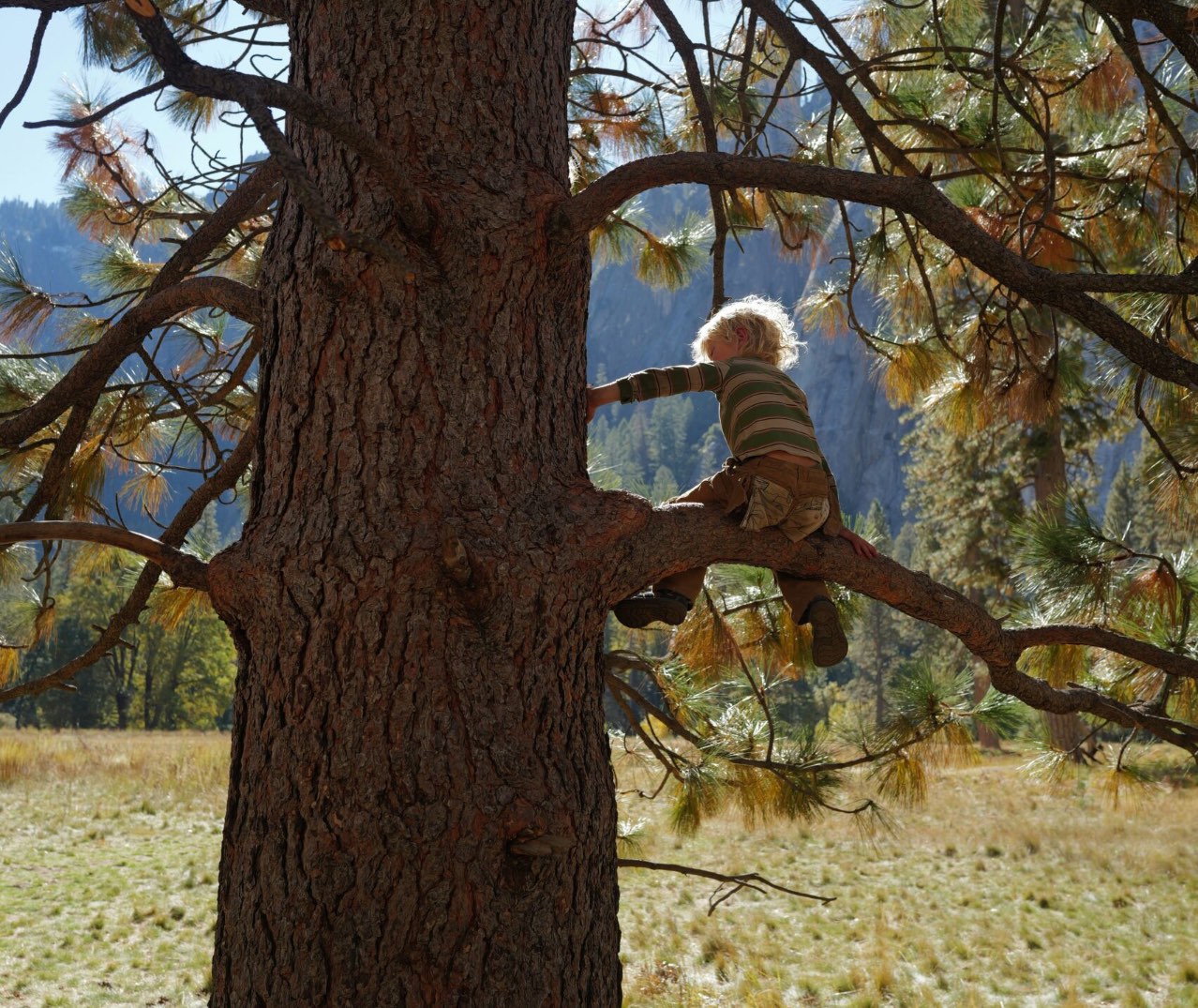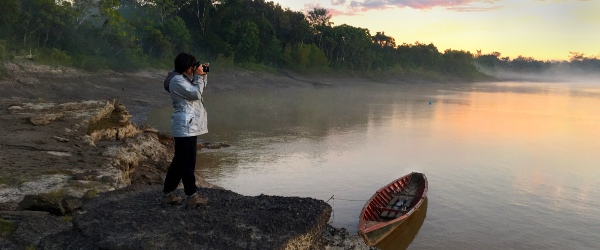
Earth Expeditions
Inspire your life and elevate your career with Earth Expeditions through Miami University. Immerse yourself in community-based conservation programs across Africa, Asia, Australia, and the Americas. See how real change happens and forge invaluable professional skills applicable to any career path.
Earth Expeditions Courses

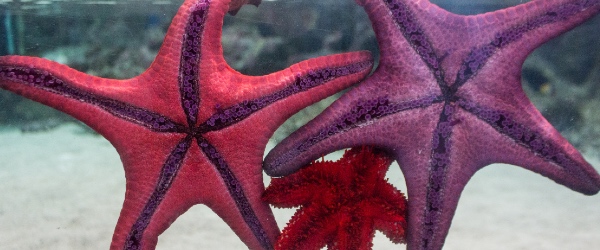
Australia: Great Barrier Reef
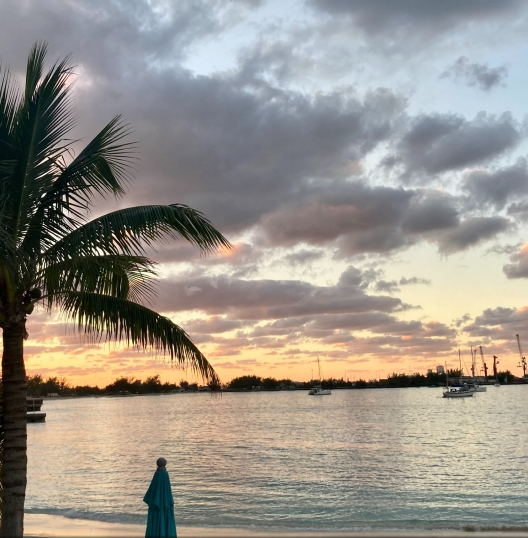
The Bahamas: Cultivating Conservation Networks
Snorkel in biodiverse marine protected areas, explore unique national parks, and gain an understanding of community-driven initiatives by talking directly with local experts at the forefront of conservation.
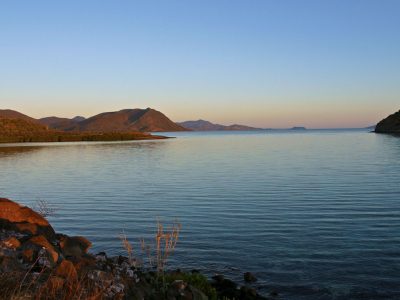
Baja: Field Methods
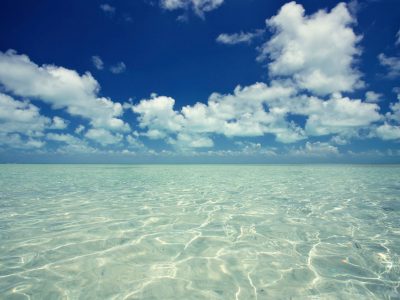
Belize: Approaches to Environmental Stewardship
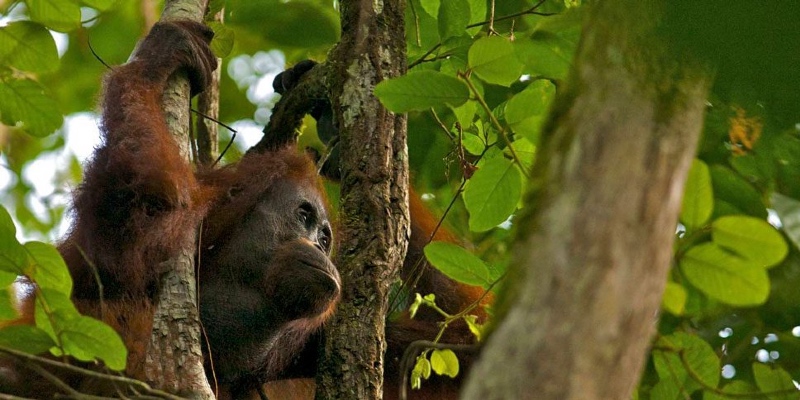
Borneo: Primate Conservation
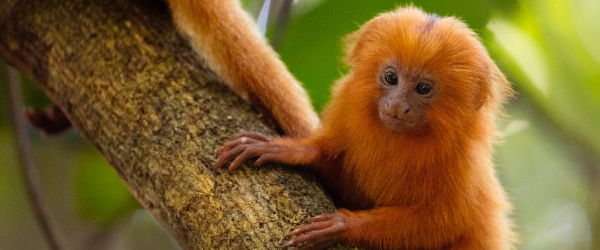
Brazil: Saving Golden Lion Tamarins
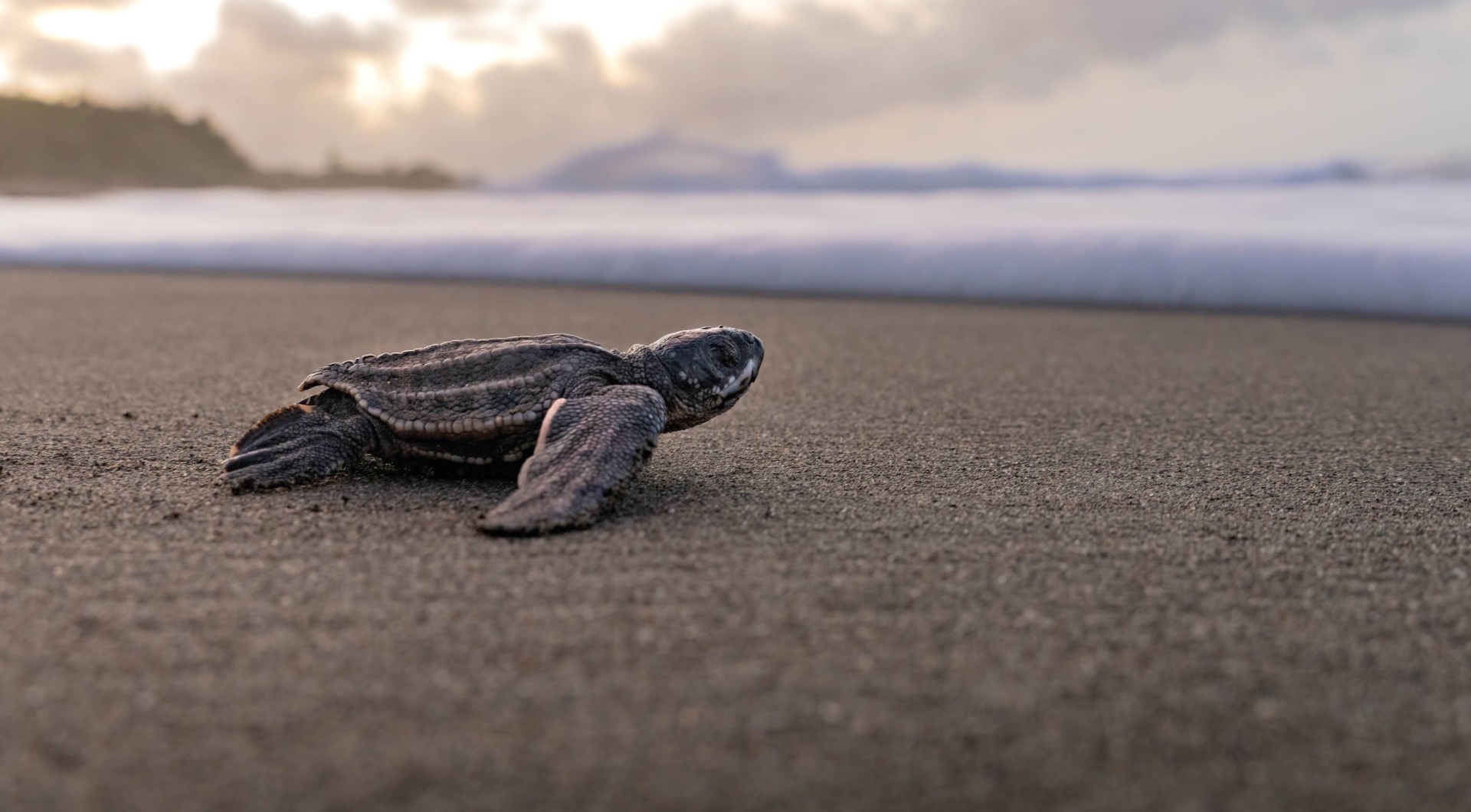
Costa Rica: Ecology & Ecotourism
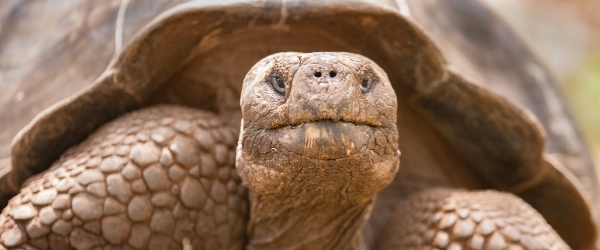
Galápagos: Islands of Change
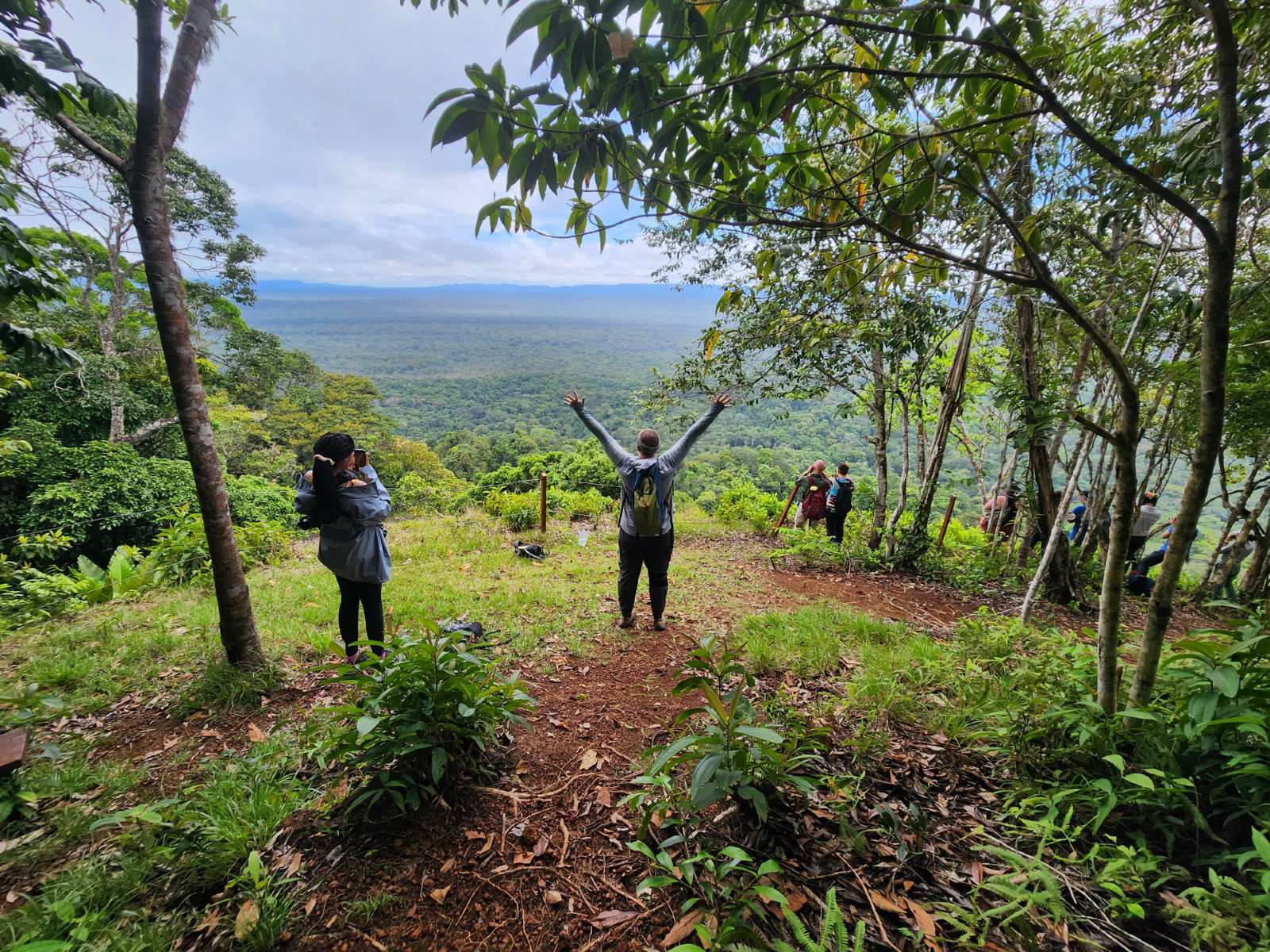
Guyana: Local Wisdom & Conservation
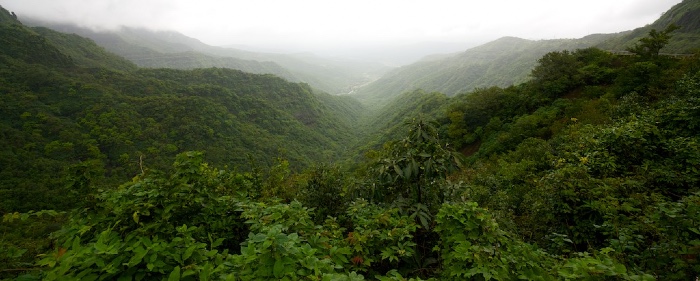
India: Species, Deities & Communities
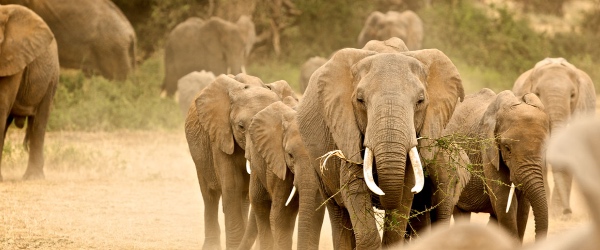
Kenya: Wildlife & People in Integrated Landscapes
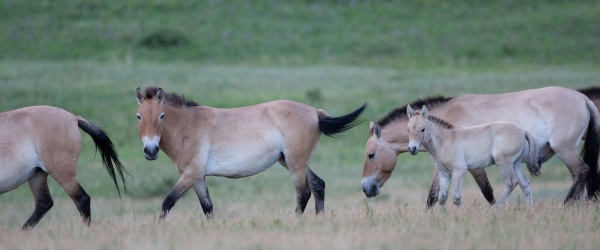
Mongolia: Steppe Ecology & Civic Media
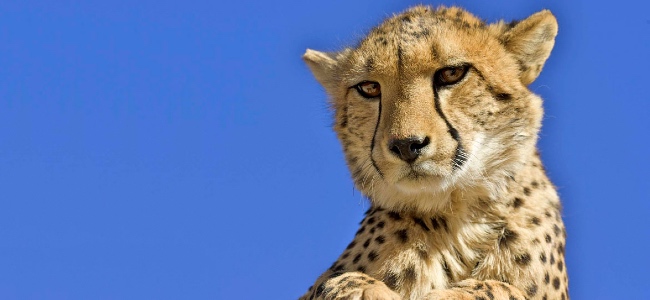
Namibia: Great Cat Conservation
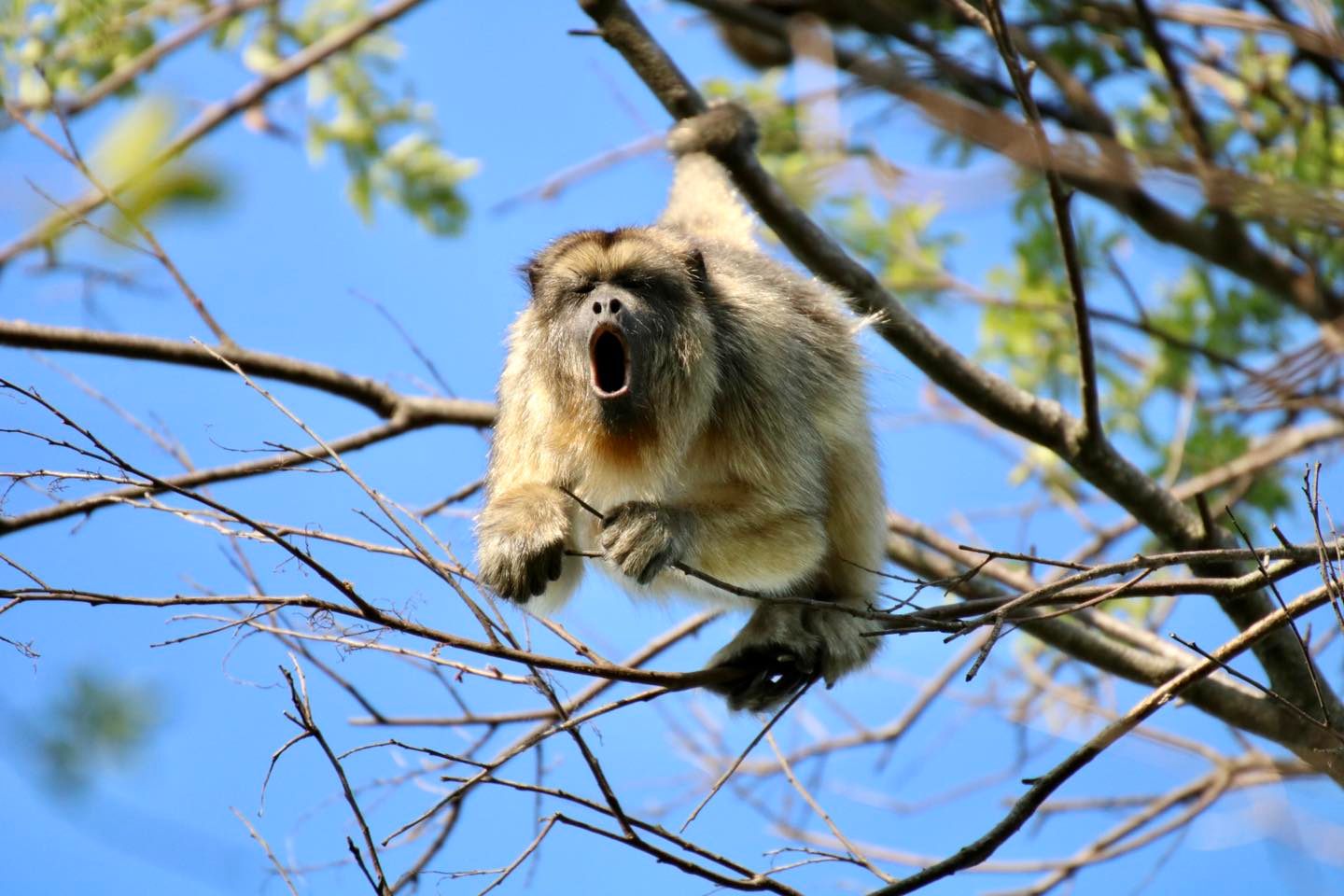
Paraguay: Eco-Leadership
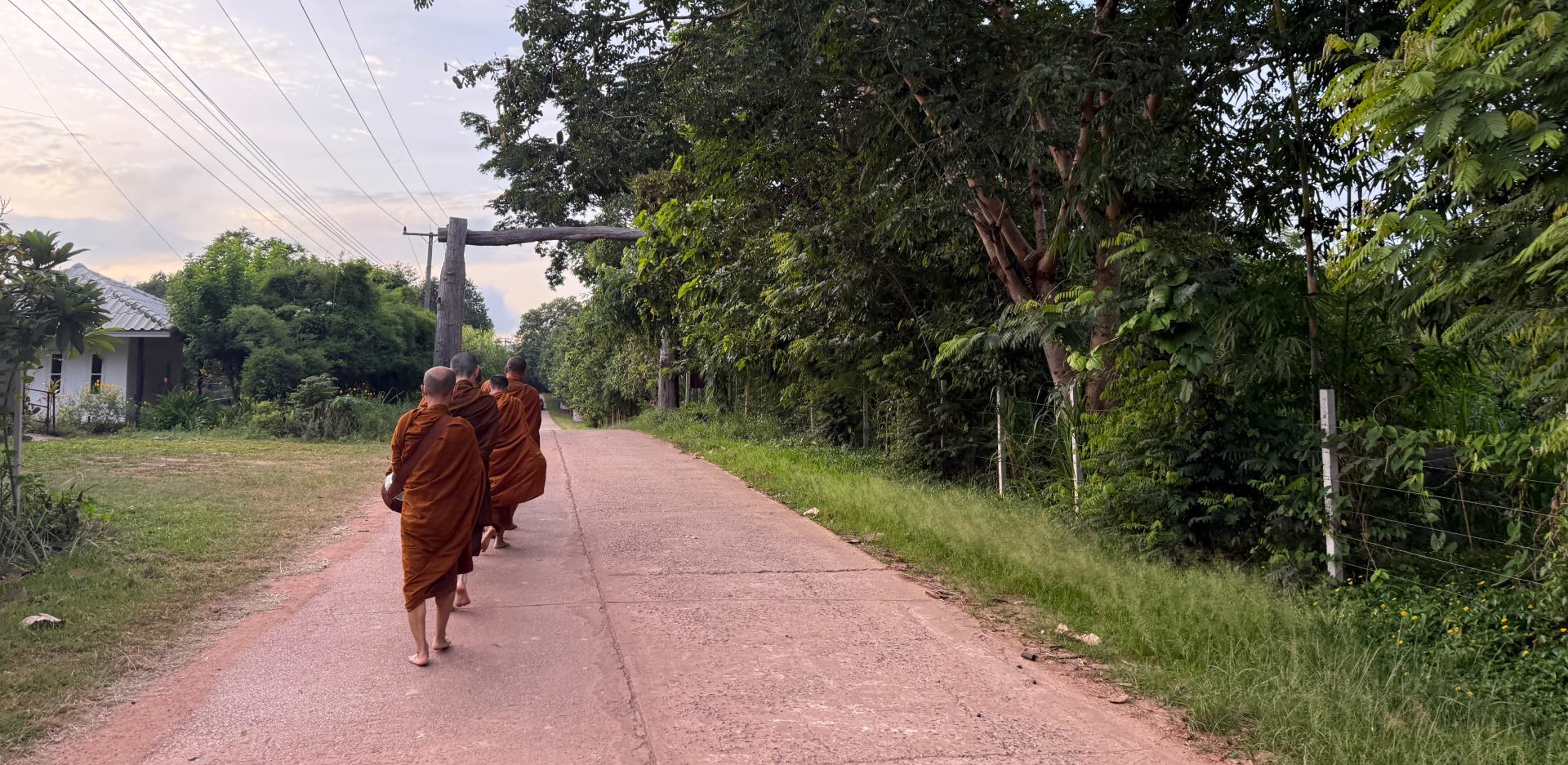
Thailand: Buddhism & Conservation
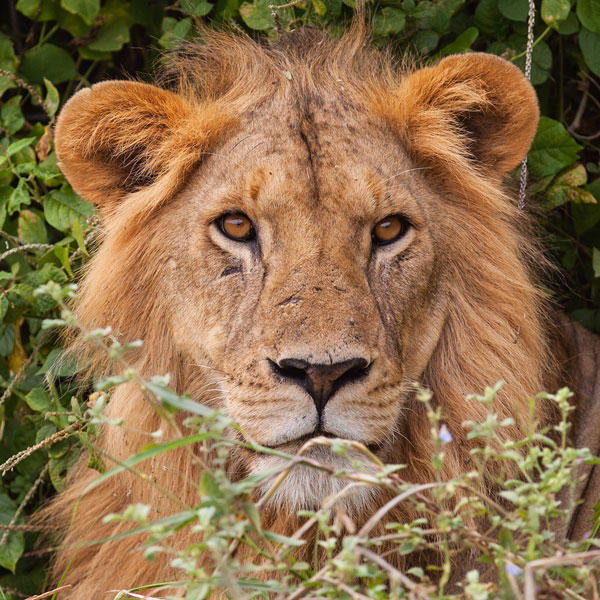
FAQs
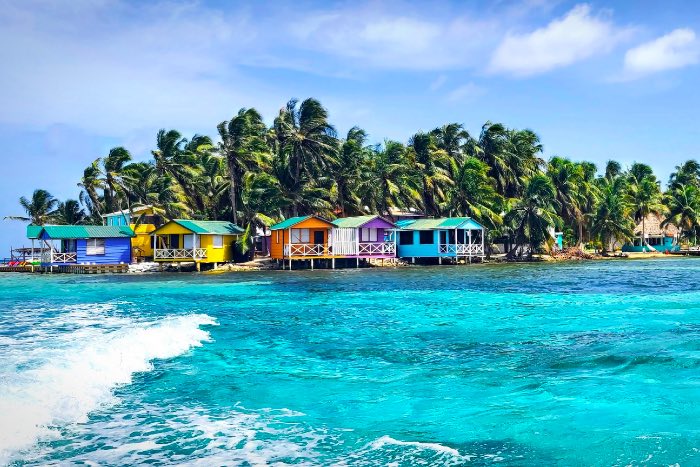
Global Partners
Featured Video
Conservation at home and abroad
Earth Expeditions consist of two required components:
- a 5-credit summer term study abroad experience (~10 days) with complementary online coursework
- a 2-credit fall semester follow-up online course in which participants actualize change in their local communities.
Earth Expeditions courses are open to any adult learners and teachers seeking professional development opportunities to benefit their career, as well as individuals simply seeking a unique life-changing experience. Earth Expeditions are also taken by graduate students working towards a M.A.T. in Biology or a M.A. in Biology through Dragonfly’s two graduate programs in biology: the Global Field Program and the Advanced Inquiry Program.
Building Relationships
Through these unique field experiences and the related online coursework, participants form lasting relationships with leading educators, community leaders, and conservationists from around the world.
All students collaborate with caring Miami University instructors and classmates in Dragonfly Workshops, an easy-to-use web-based learning community created by Miami’s Project Dragonfly. Through this learning platform, students worldwide discuss assignments, develop projects, and exchange ideas throughout the summer and fall semesters.
During the international field experiences, students and instructors discuss course content and connect over shared once-in-a-lifetime experiences such as snorkeling with whale sharks in Baja, Mexico, witnessing cheetah conservation first-hand in Namibia, viewing wild macaws and sloths in the Peruvian Amazon, and more. We encourage you to check out the courses to learn more.
Student Reflections
Read More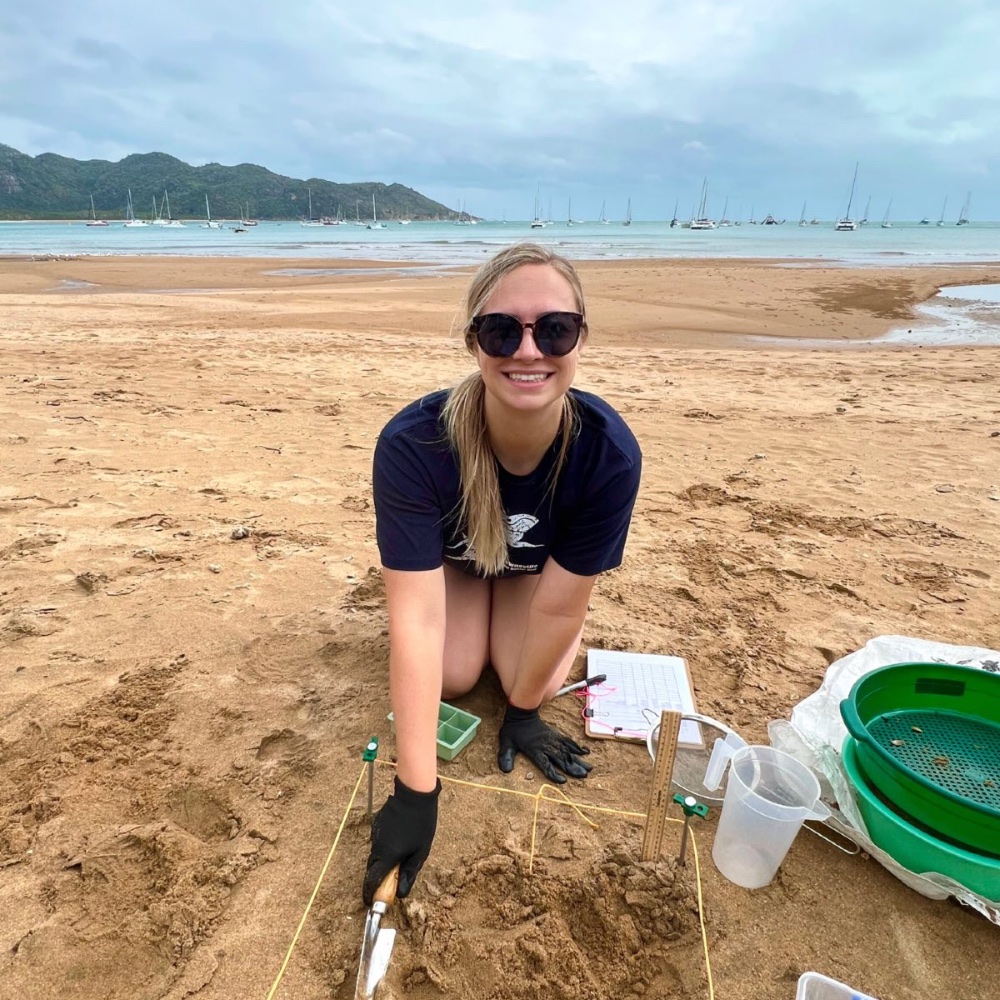
Australia Student Reflection: Meghan Manary
" I now joke that nothing that I do in the future will ever matter because I have completed my life goal of studying conservation in Australia, which I once thought was unachievable (part of me is not joking though)"
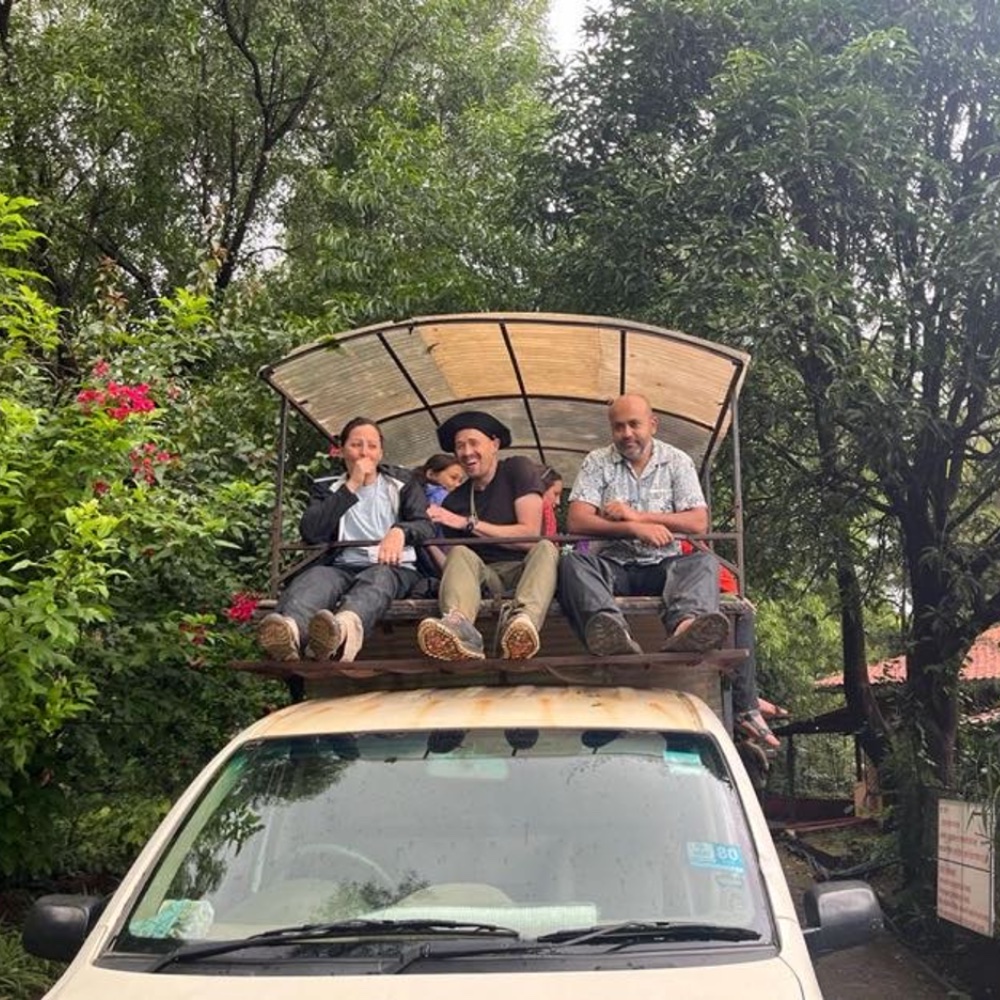
India Student Reflection: Allie Coronado
"Words will never truly encompass the life-transforming experience I endured during my time there,"
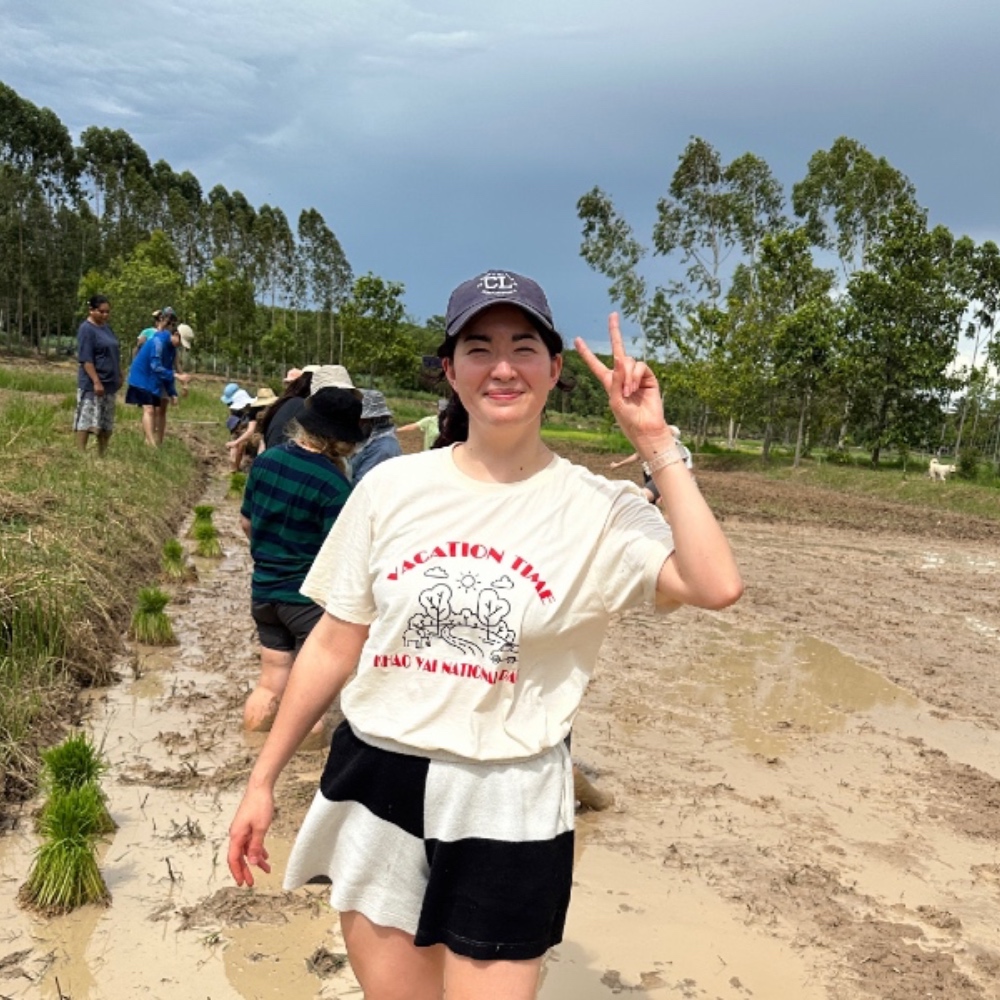
Thailand Student Reflection: Grace Masaoka
"The experiences in Thailand taught me so much, in so many different ways. Being immersed in Thai culture and Buddhism, learning about conservation efforts, getting to explore our own inquiries, and the privilege of seeing hornbill research up close and personal (and the list goes on)"
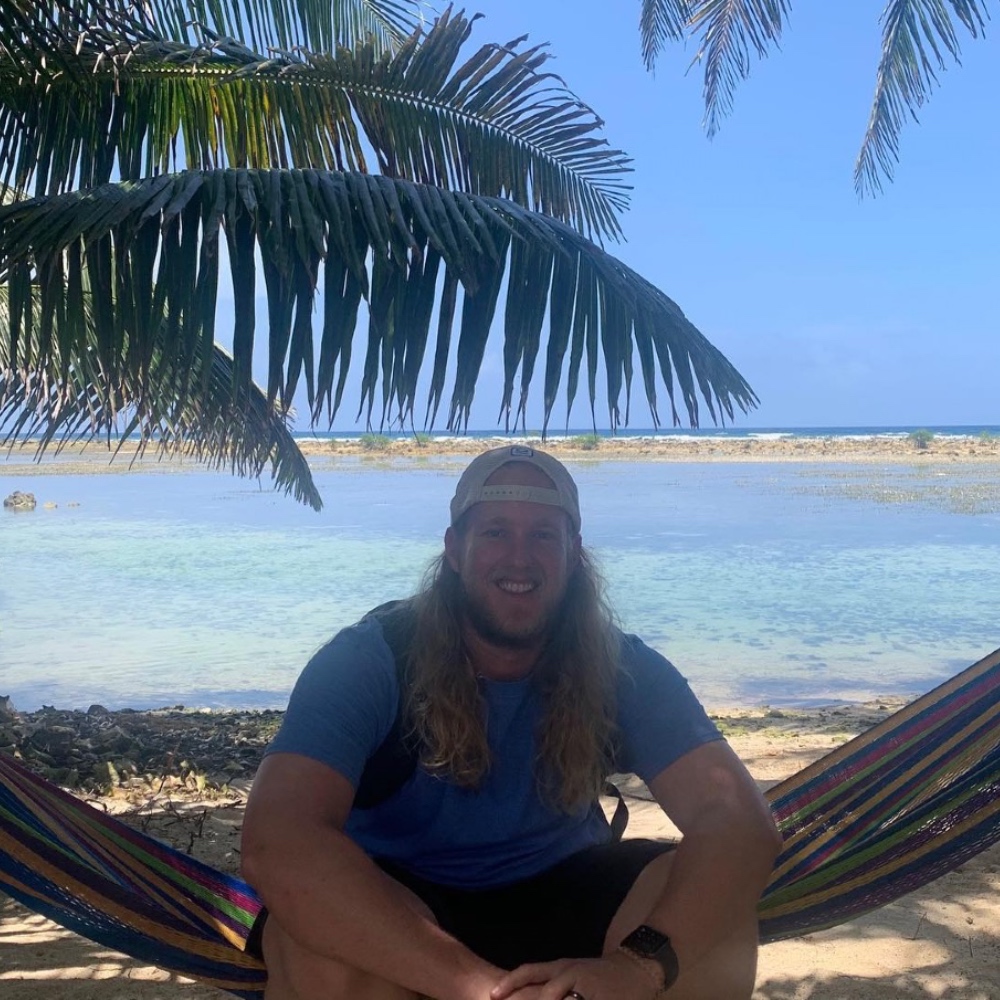
Belize Student Reflection: Charles Ruff
"There is no doubt in my mind that if I could go back and do it all over again then I would! I wouldn't change anything about it."
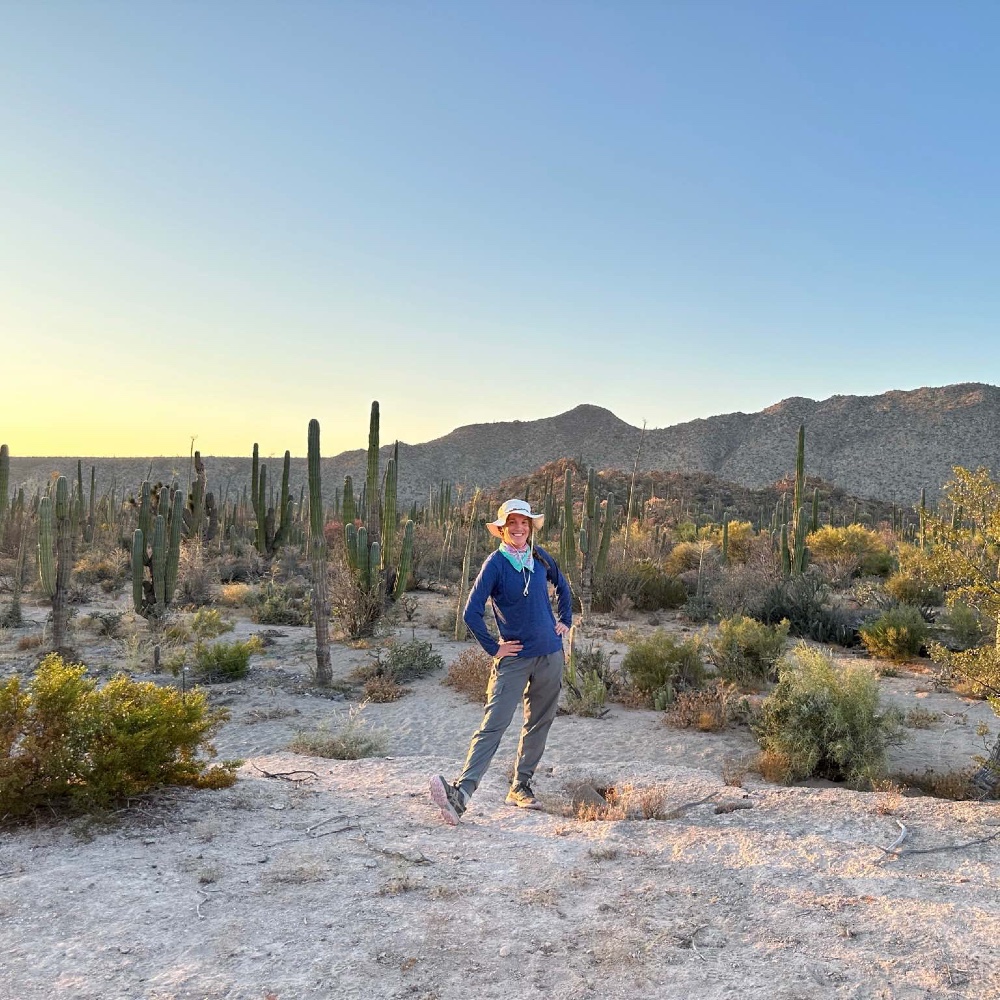
Baja Student Reflection: Tessa Cafritz
"I think about sleeping under the stars, about walking through forests of cacti as the sun was setting, creating biolumincise through the waving of my hands"
We Envision
Earth Expeditions is jointly offered by Project Dragonfly at Miami University and conservation and education partners worldwide. Our mission is to build an alliance of individuals with first-hand knowledge of inquiry-driven, community-based learning for the benefit of ecological communities, student achievement, and global understanding.
Earth Expeditions envisions each person as an ambassador who creates as well as transmits knowledge, who promotes authentic dialogue at all levels of society, and who inspires others to do the same. By adopting participatory models of education, schools become centers of investigation, students engage more deeply in their studies, and communities achieve higher levels of self-determination.
EE Eligibility and Costs
Is This for Me?
Here are some of our most Frequently Asked Questions.
Earth Expeditions courses are 7 graduate credit hour (5 credit Summer Term courses + 2 credit Fall Semester courses) online courses that combine direct global study experiences in Africa, Asia, Australia and the Americas with engagement in Dragonfly Workshops’ web-based learning community. Courses typically run from April through mid-December, with the international field “in-country” portion of each class typically lasting 9-10 days.
The field portion of each Earth Expeditions course lasts 9 or 10 days. Students traveling long distances should plan to add an addition 1 or 2 days of travel to this timeframe.
View our planned 2025 Earth Expeditions dates. Please note that the dates are subject to change at any given time.
It depends. Each state has different requirements for certification. Please check with your state’s Department of Education or your local university’s College of Education or similar department to find out the details for your area.
To support involvement by a broad range of individuals worldwide, Miami University currently offers a reduced tuition rate for all Dragonfly classes. We recommend that accepted applicants check with their employer to see if professional development funds are available to further offset costs; please also visit Helping to Fund your Degree and Scholarships for Current Dragonfly Students for additional suggestions. Federal financial aid may be available to degree-seeking students; please visit Project Dragonfly Financial Aid Information for details.
The Dragonfly Journal
The storytelling hub of Project Dragonfly: Community voices, reflections, and inquiry
Project Dragonfly in the News
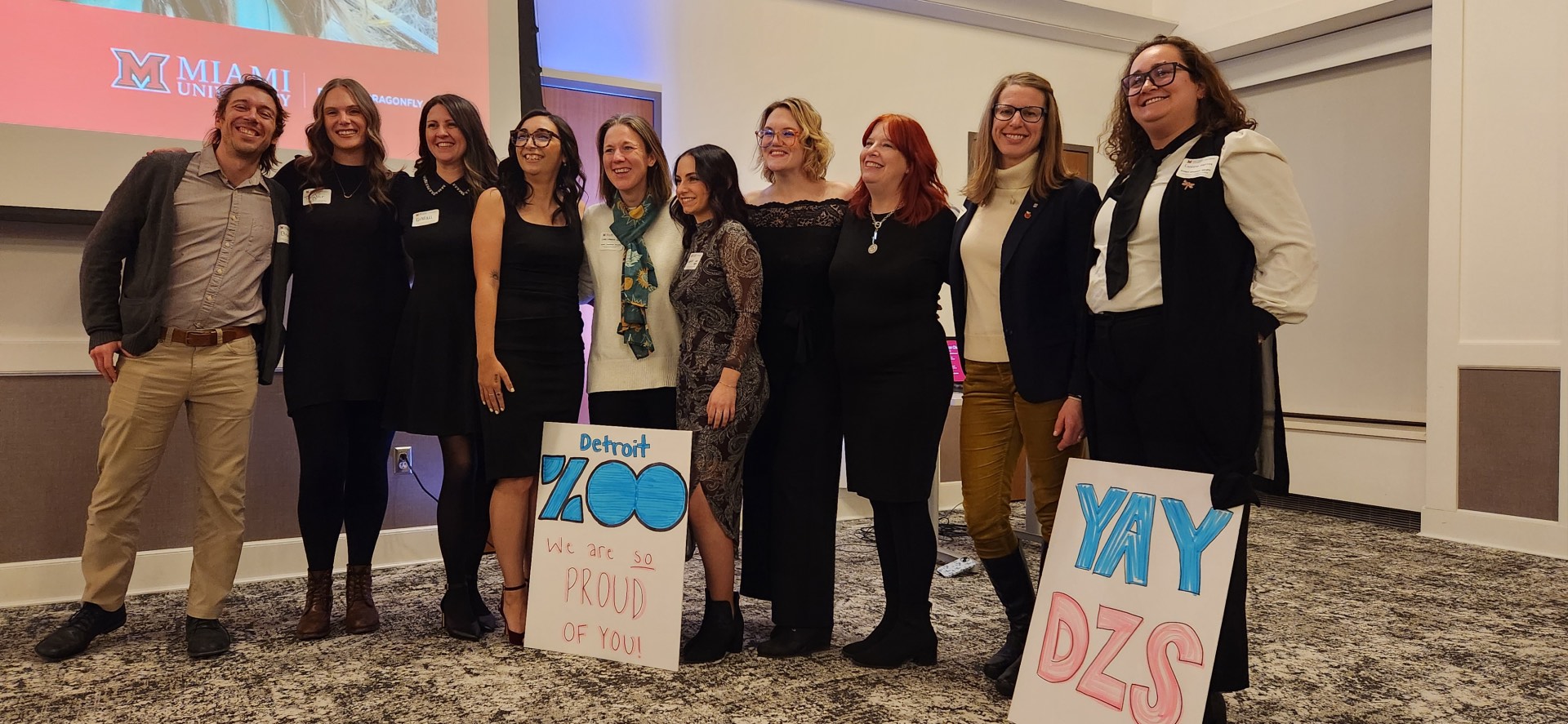
Detroit Zoo, Miami University announce first graduating class
The Detroit Zoological Society (DZS) and Miami University have announced the first graduating class of a conservation-focused online master’s degree program from Miami.
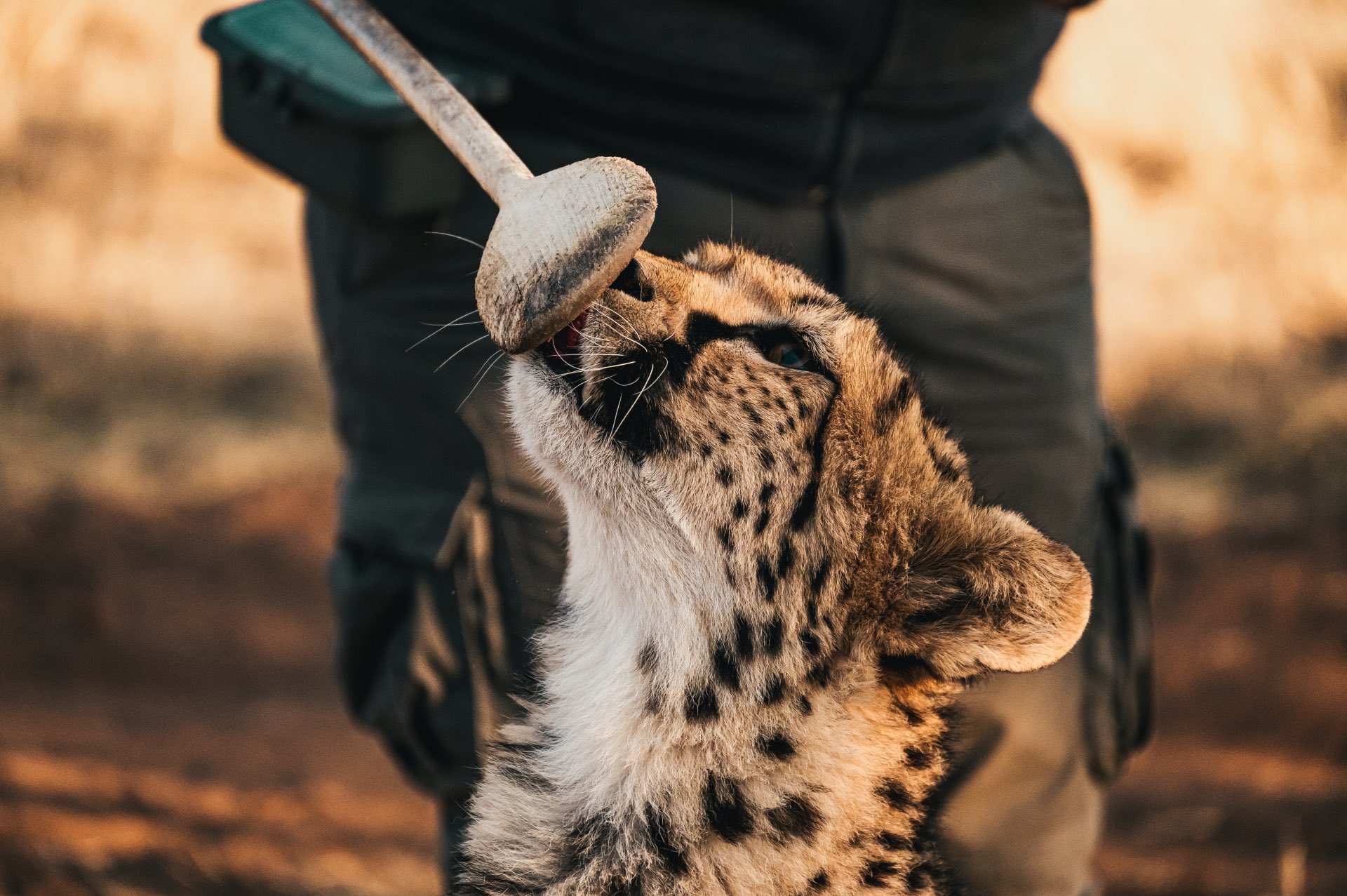
Dragonfly Photo Contest Winners 2025
Miami University Project Dragonfly graduate students in the Advanced Inquiry Program (AIP), the Global Field Program (GFP), Earth Expeditions (EE) courses, and faculty and staff are invited ...
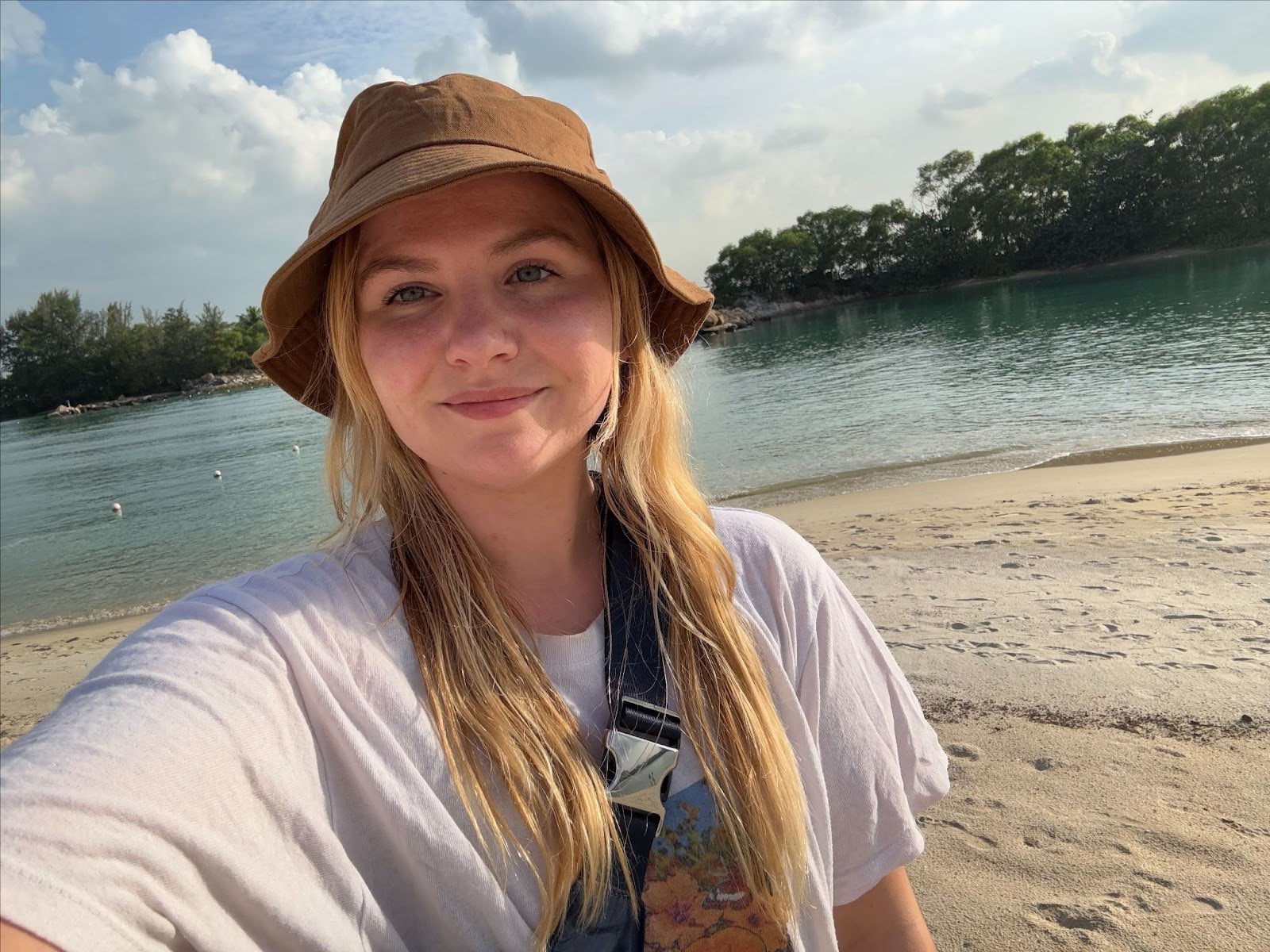
Bringing a hippo-hopeful book to life
As a student in Miami's biology department, Kimberly Puleo is earning a Master of Arts (M.A.) in Biology through Project Dragonfly's Advanced Inquiry Program (AIP)...
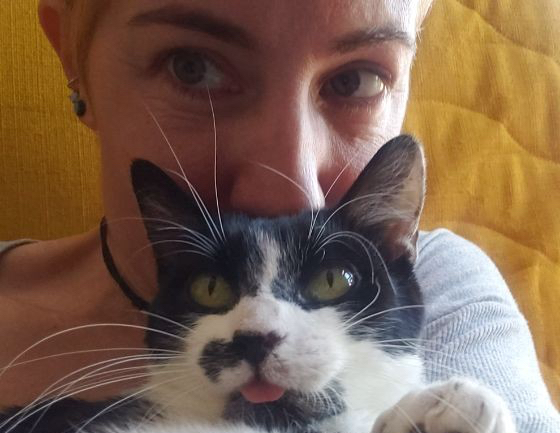
Emergency recall training of western lowland gorillas
Global Field Program (GFP) graduate Sara Fee '25 of Atlanta, Georgia, was published in Animal Keepers’ Forum...
